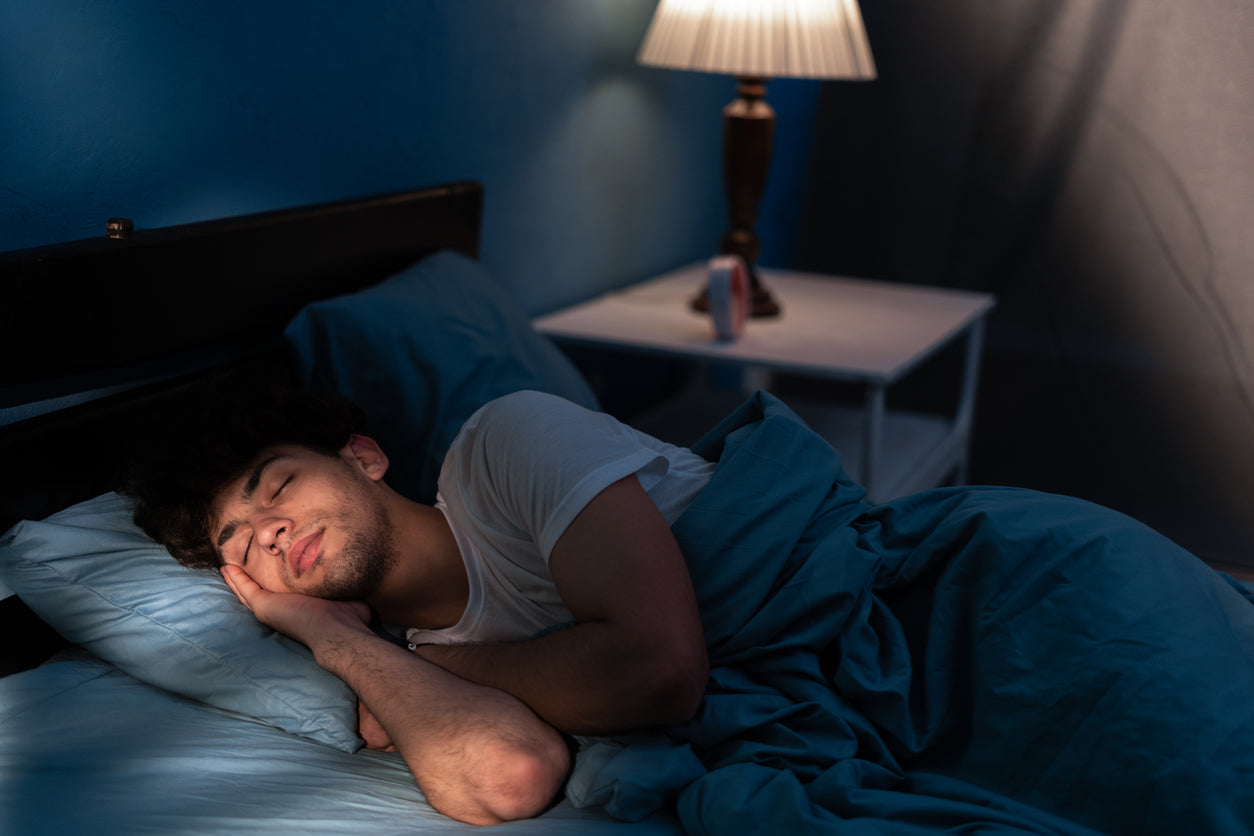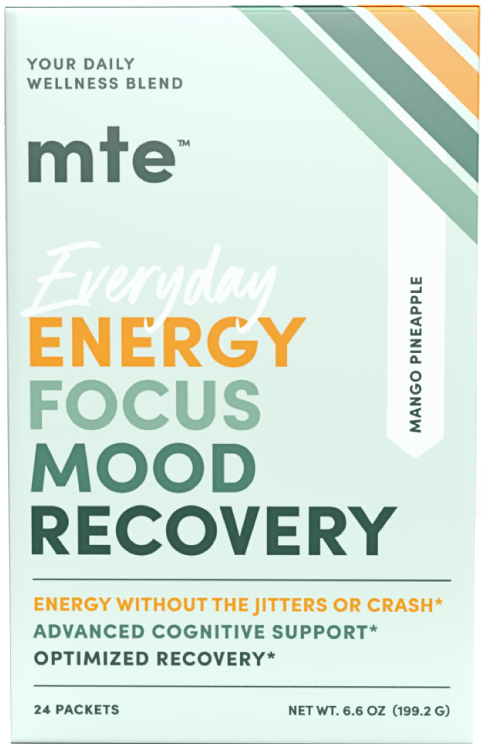
20 Scary Sleep Stories to Tell in the Dark: The Importance of Rest in Wellness
This is probably not the first or fifty-seventh time you’ve heard about the importance of sleep health; it’s pretty well agreed that not getting enough sleep, especially on a chronic level, is not good for you. But neither are French fries – who cares? Will we stop eating them? No.
Well, occasional crappy sleep is actually much worse for you than the occasional large fry. Like, life-altering much worse for you. This article is actually about why people should stop telling us not to eat French fries. Other things are scarier – leave us alone.
But back to sleep…
Ready for a scary story? Here’s 20:
1. 35% of US adults sleep less than 7 hours per night.
2. Around 30% of US adults experience insomnia.
3. Over 50% of adults describe feeling tired/fatigued 3 to 7 days a week.
4. Nearly 50% of Americans report accidentally falling asleep during the day at least once a month.
5. Adults over the age of 27 who sleep 6 hours or less per night are 7.5x more likely to have a higher BMI.
6. Adults who sleep 5 hours or less have a 2.5x higher risk of developing diabetes and a 45% increase in risk of heart attack.
7. Getting 7 hours of sleep per night can increase risk of addiction, mood dysregulation, high blood pressure, heart problems, metabolic condition, and more.
9. In high school students, chronic poor sleep is associated with emotional dysregulation, behavior problems, low mood, and reactivity.
10. Sleeping less than 5 hours per night is associated with a 15% spike in risk of all-cause mortality. (Read: you’re 15% more likely to die.)
11. “Catching up” on lost sleep does not return you to proper baseline functioning.
13. Medical residents who work more than 80 hours per week are 50% more likely to make a significant error that results in adverse patient outcome.
14. Around 15% of car crashes are a result of falling asleep at the wheel. After just one night of no sleep, people’s driving abilities are equivalent to someone with a BAC of .07.
15. Sleep-deprived employees are 70% more likely to be involved in a workplace accident.
16. People with severe insomnia score equivalent on quality-of-life assessments as people with congestive heart failure.
17. There is a dose-dependent relationship between sleep and mood, with more insomnia being associated with more trouble completing daily tasks and less satisfaction in social relationships.
18. Young adults under the age of 30 have the most problems with chronic stress and poor sleep.
19. Stress nearly doubles the chances of getting inadequate sleep.
20. People who sleep 4-5 hours per night are 6x more likely to sleep poorly than those who sleep 8-9 hours per night.
Small Changes Can Transform Your Sleep Health
Now that you know the living nightmare created by little to no sleep, it’s probably clearer than ever you’ve got to keep sleep a priority. We’re trying to live our best life – not hate every waking hour and come down with a heart condition at 36. That’s dramatic, but you get it.
For those whose sleep problems aren’t medical but lifestyle difficulties, here are 6 simple ways to hack your sleep schedule back into balance. Funnily enough, your nighttime health has most to do with your daytime habits:
1. Keep a consistent schedule. When you get up and go to bed at the same time each day, you train your body into a healthy sleep/wake cycle that helps you rest better at night and feel more energetic during the day.
2. Exercise regularly. Daily exercise helps your body “have a reason” to be tired, because it has more recovery work to do during the night. This can help you sleep more deeply, and also supports your body’s natural circadian rhythm.
3. Cut down on the caffeine. Excessive caffeine and drinking caffeinated beverages later in the day can interrupt your body’s natural wind-down processes in the evening, making it hard to fall asleep and difficult to stay asleep.
4. Eat mindfully. Two culprits of poor sleep: eating fatty and sugary foods and eating too close to bedtime. The neurochemicals associated with eating, digesting and processing food can cause restless sleep.
5. Limit evening alcohol. While alcohol initially has a sedative effect, it goes on to interrupt melatonin production, which helps you fall asleep, and damage REM sleep, which is the sleep stage where most of the recovery work gets done at night.
Want to know more about how nootropics, adaptogens and superfoods can synergistically support quality recovery at night, better mood during the day and less stressed vibes all around? Oh, meanwhile, they also promote sustained energy and focus without becoming a little too energetic and focused – like you get when you have a third cup of coffee in the morning. MTE has the fuel you need for better rest that helps you be ready for whatever the new day has to offer. Check it out!



